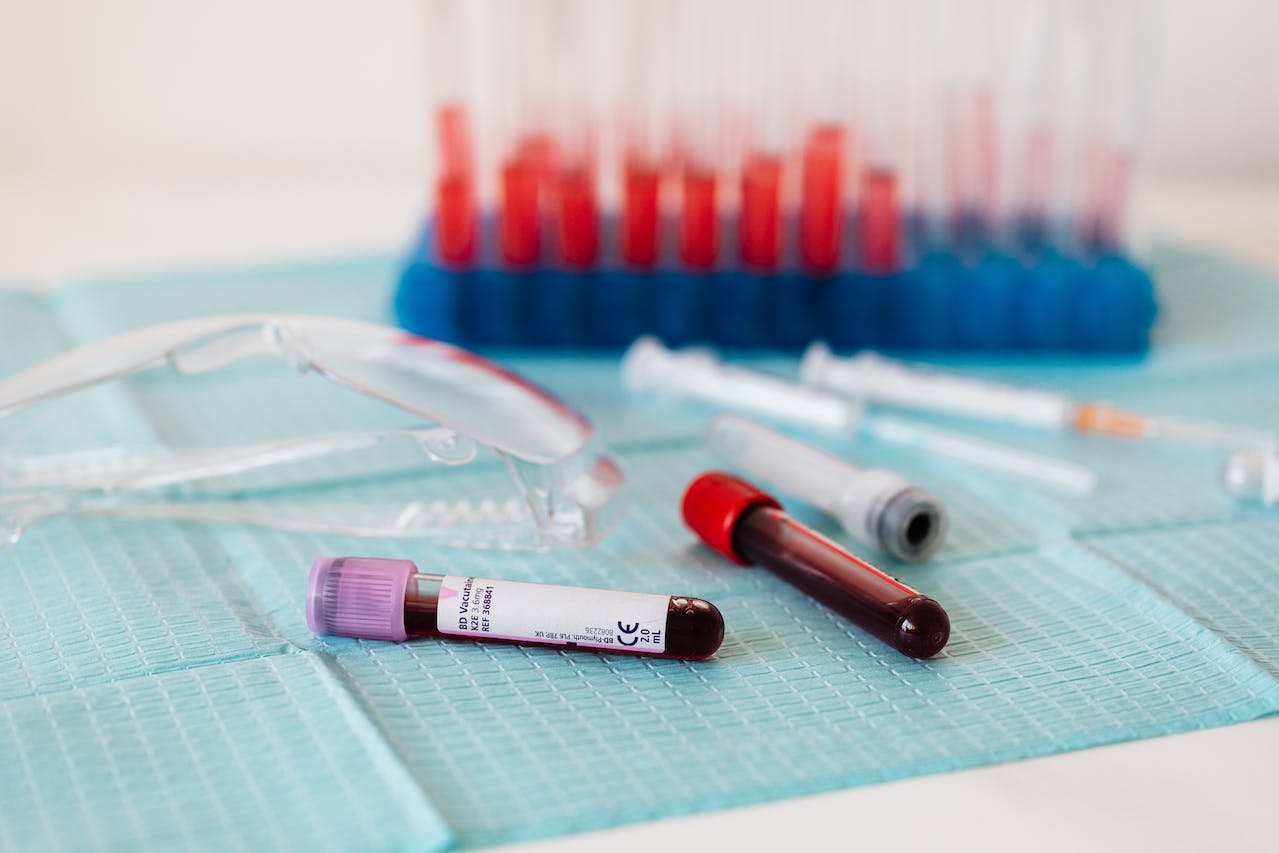Chronic Kidney Disease (CKD) is a progressive condition that affects millions worldwide, demanding careful management to preserve kidney function. One crucial aspect of this management is maintaining optimal blood pressure. In CKD Stage 3, characterized by moderately reduced kidney function, understanding the ideal blood pressure range becomes paramount for slowing down the disease's progression and preserving overall health.
The Significance of Blood Pressure in CKD Stage 3
The Role of Blood Pressure in Kidney Function
Blood pressure plays a pivotal role in CKD management, especially in Stage 3. Elevated blood pressure contributes to the decline in kidney function by causing damage to the delicate blood vessels in the kidneys. As a result, a vicious cycle ensues, where impaired kidneys struggle to regulate blood pressure, leading to further damage. Understanding the intricate relationship between blood pressure and kidney health is crucial for devising effective strategies to manage CKD Stage 3.Striking the Balance
The ideal blood pressure target for CKD Stage 3 is generally lower than that for the general population. Aiming for a blood pressure of 120/80 mmHg or slightly lower is often recommended. This lower target helps mitigate the stress on the kidneys and reduces the risk of cardiovascular events, a significant concern for individuals with CKD. However, it's essential to strike a balance, as overly aggressive blood pressure control may lead to complications, especially in elderly patients. Collaborative decision-making between healthcare providers and patients is vital to tailor blood pressure goals based on individual health circumstances.Strategies for Managing Blood Pressure in CKD Stage 3
Lifestyle Modifications
Lifestyle changes play a pivotal role in achieving and maintaining the ideal blood pressure in CKD Stage 3. Dietary modifications, including a reduction in salt intake and adherence to a kidney-friendly diet, contribute significantly. Regular physical activity, stress management techniques, and adequate sleep also play crucial roles. Empowering individuals with CKD Stage 3 with the knowledge and resources to implement these lifestyle changes is an integral part of blood pressure management.Medication Management
Pharmacological intervention is often necessary to achieve and maintain the target blood pressure in CKD Stage 3. A combination of antihypertensive medications, carefully selected to avoid adverse effects on kidney function, is commonly prescribed. Regular monitoring and adjustment of medications based on individual responses and changing health conditions are essential. Close collaboration between patients and healthcare providers ensures a personalized and effective approach to medication management.Monitoring and Adapting to Individual Needs
The Importance of Regular Monitoring
Regular monitoring of blood pressure is a cornerstone in the management of CKD Stage 3. Home blood pressure monitoring, coupled with periodic assessments at healthcare facilities, provides valuable insights into trends and helps identify potential issues early. This proactive approach allows for timely adjustments to treatment plans, minimizing the risk of complications associated with poorly controlled blood pressure.Individualized Care Plans
Each individual with CKD Stage 3 presents a unique set of challenges and considerations. Factors such as age, comorbidities, and medication tolerances must be taken into account when devising a blood pressure management plan. Tailoring care plans to individual needs ensures that the ideal blood pressure target is achievable and sustainable, promoting long-term kidney health. In conclusion, achieving and maintaining the ideal blood pressure in CKD Stage 3 is a multifaceted endeavor that requires a comprehensive approach. From understanding the intricate relationship between blood pressure and kidney function to implementing lifestyle modifications and personalized medication management, a holistic strategy is key. Regular monitoring and individualized care plans further enhance the effectiveness of blood pressure management, contributing to the overall well-being of individuals navigating the challenges of CKD Stage 3.Are you tired of living under the shadow of kidney disease? Are you yearning for a life free from the shackles of dialysis, kidney failure, and the looming threat of kidney transplants? If so, you're in the right place at the right time. Imagine waking up every morning with boundless energy, feeling rejuvenated and ready to take on the day. Envision a life where your kidneys are functioning optimally, and you no longer dread the burdensome routines of dialysis sessions. The Kidney Disease Solution Program is here to turn that vision into reality for you.


